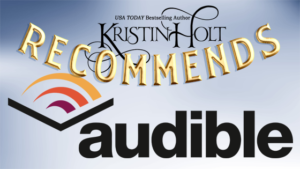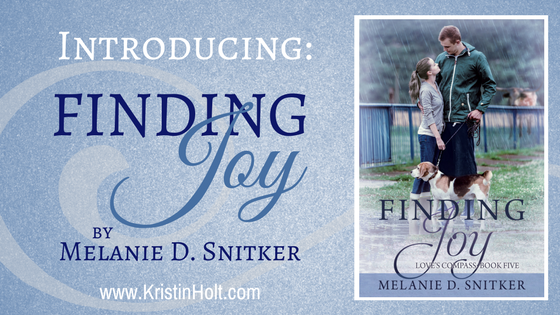
by Kristin Holt | Feb 17, 2017 | Articles
I’m delighted to introduce a new release by Melanie D. Snitker: Finding Joy. I had the pleasure of reading this title prior to release date, and include my review inside. This Sweet Contemporary Christian Romance is book five in Melanie’s Love’s Compass Series. Recommended!
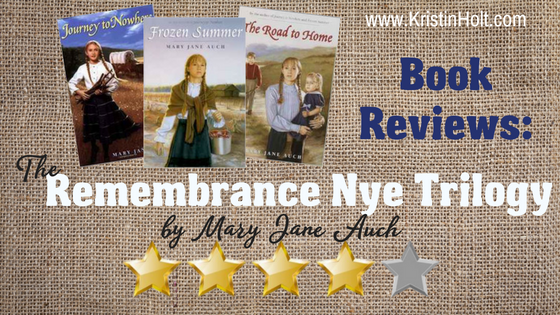
by Kristin Holt | Nov 13, 2016 | Articles
The Remembrance Nye Trilogy by Mary Jane Auch consists of three Y.A. titles suitable for readers of all ages. I enjoyed them and share my no-spoilers review of all three books. Whether you’re shopping for young readers (these are not “chapter books”; I recommend age 11 or so through great-grandparents) or interested in a clean read yourself, these books delve into accurate history. I only review and share books I personally enjoyed.
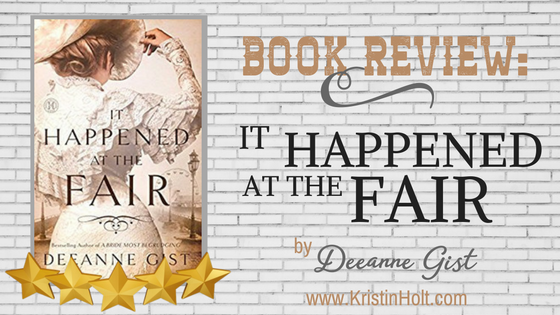
by Kristin Holt | Nov 10, 2016 | Articles
My honest evaluation of Deeanne Gist’s 2013 publication, IT HAPPENED AT THE FAIR, a Christian Historical Romance Novel set in 1893 Chicago’s World Columbian Exhibition. I present my Top 5 reasons for rating this title with 5 stars! Includes public domain photographs of the fair’s buildings, original Ferris Wheel, inside an exhibition hall, and more.
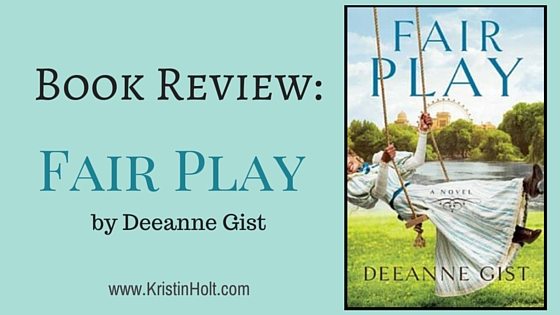
by Kristin Holt | Jun 23, 2016 | Articles
When a book and its characters linger in my mind months after I finished reading (or listening), I know it’s a keeper. Deanne Gist grabbed my full attention with FAIR PLAY. I savored every scene and chapter, often wondered where the story would go (a delicious kind of curiosity), and ultimately delivered one of the most satisfactory endings. 5 stars!
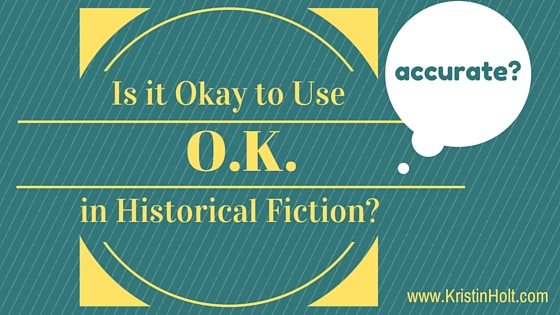
by Kristin Holt | May 27, 2016 | Articles
When did the term “O.K.” or “okay” find its way into common use in American English? Is it incorrect (and inaccurate) to use “okay” in 19th century fiction? What if it’s spelled “O.K.”? What does O.K. stand for, anyway? I’ve provided numerous historical newspaper articles and snippets showing the etymology and proving one of the spellings (O.K.) is highly accurate in the 19th century, but the other (okay) is not.












